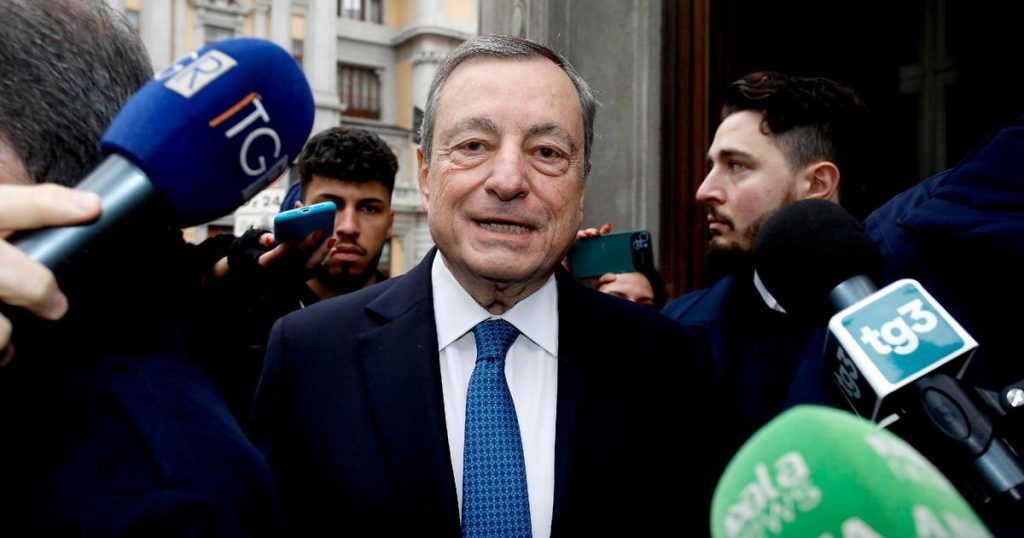In a recent speech on the state of the European Union, President of the European Commission Ursula von der Leyen requested Mario Draghi to prepare a report on the future of European competitiveness. Draghi has now shared some insights on this topic, emphasizing the need for a radical change within the European Union. He pointed out that the EU is currently organized based on a world that has drastically changed due to events such as the Covid-19 pandemic, the conflict in Ukraine, and the return of power rivalries between major countries. Draghi highlighted the importance of transforming the European economy to be able to rely on a decarbonized energy system, a European integrated defense, domestic production in innovative sectors, and a leading position in technology.
Draghi also emphasized the lack of a European industrial strategy and the need to progress in the Capital Markets Union. He pointed out the importance of private investments in funding growth and the necessity of advancing in the Capital Markets Union as an essential part of the overall strategy for competitiveness. Despite positive initiatives, Europe still lacks a comprehensive strategy to respond to various challenges, including underinvestment in digital and advanced technologies compared to the United States and China. Draghi highlighted the need to protect traditional industries from unfair competition due to disparities in rules, subsidies, and trade policies.
Regarding defense, Draghi suggested intensifying joint procurement and coordination to meet the new defense and security needs of the EU. He stressed the need to reduce international dependencies and increase industrial capacity in Europe. Draghi also addressed the importance of securing energy supply and critical minerals in the context of ambitious climate goals. He proposed a global strategy covering all stages of the mineral supply chain and highlighted the need for coordinated action to ensure Europe’s economic stability.
Draghi criticized the European focus on internal competitiveness, urging a shift towards external competitiveness. He highlighted the importance of collaboration among European countries to align policies and strategies to compete effectively on a global scale. Draghi also called for a new strategic tool for coordinating economic policies and suggested the possibility of forming a subset of EU member states to facilitate cooperation in specific areas. He emphasized the need for a united front to match the strategic advantages of European rivals who can act as a single country with a cohesive strategy.
In conclusion, Draghi emphasized the urgency of a radical change within the European Union to adapt to the current global landscape. He highlighted the need for a comprehensive industrial strategy, advancements in the Capital Markets Union, and collaboration among European countries to enhance competitiveness. Draghi’s insights shed light on the challenges facing Europe and the importance of strategic coordination to secure Europe’s position in the global arena. His proposals aim to strengthen Europe’s economic resilience and competitiveness in the face of evolving geopolitical and economic dynamics.


